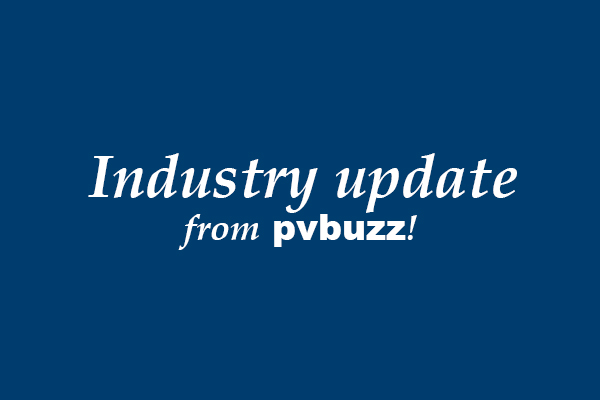California — PV Evolution Labs published its 2021 PV Module Reliability Scorecard, which names 117 model types of PV modules from 26 manufacturers as Top Performers in PVEL’s testing.
The report applauds the widespread adoption of technical advances that increase PV module power output and reduce the cost of solar power. Yet reliability problems may compromise these performance gains in the field: one in three participating manufacturers failed to implement basic quality controls that protect end-users from safety failures.
“An unprecedented expansion of PV module manufacturing capacity is underway. New factories and production lines are vital as demand for solar power soars, but buyers must be vigilant to avoid the risks inherent to rapid growth,” commented Jenya Meydbray, PVEL CEO. “The preventable safety failures observed in this year’s Scorecard underscore the complex challenges that manufacturers face as they race to meet demand in a highly dynamic global market.”
Now in its 7th Edition, the Scorecard provides actionable insights for PV module procurement based on data from PVEL’s lab and field testing and research. It summarizes results from the PV Module Product Qualification Program (PQP), a comprehensive testing regime established by PVEL in 2012 to provide empirical data for PV module supplier benchmarking and project-level energy yield and financial models.
“As PV manufacturing capacity expands, mega-scale, 100+ MW projects financed by risk-averse traditional investors are the new norm. Yet the most innovative technologies are unproven in the field. We trust PVEL for the technical data we need to de-risk Primergy’s 2GW project pipeline,” said Adam Larner, Chief Operating Officer of Primergy Solar, a wholly-owned subsidiary of Quinbrook Infrastructure Partners, a global investment manager with $8B invested in 19GW of power generation.
Notable findings in the 2021 Scorecard include:
Twenty-six percent of the bills of material (BOMs) eligible for this year’s Scorecard had at least one failure as compared to 20% in 2020.
- One in three manufacturers tested experienced safety failures due to junction box defects versus one in five in 2020. The majority of these failures were observed prior to testing.
- Five manufacturers received their first Top Performer listings in this year’s Scorecard.
- The report includes two new Top Performer categories that showcase modules with superior results in PVEL’s mechanical stress sequence and minimal susceptibility to light-induced degradation and light- and elevated- temperature induced degradation.
- The greatest number of failures occurred during the mechanical stress sequence, a test PVEL recently added to the PQP to address durability concerns, especially for extreme weather.
“From glass to junction box, PVEL’s latest Scorecard again demonstrates that the quality of a PV module depends in part upon the materials it contains – yet many buyers never request BOM details from suppliers,” noted Tara Doyle, Chief Commercial Officer of PVEL. “Between supply chain instability and the ever-present push for lower prices, one cannot assume that every module sold under a given model type uses tested BOM components. Buyers must specify their desired BOM in supply contracts to achieve this.”
Participation in PVEL’s PQP and Scorecard is voluntary for manufacturers and only top-performing module model types are named in the Scorecard. To date, PVEL has tested over 450 BOMs from more than 50 manufacturers for the PV Module PQP.












Comments